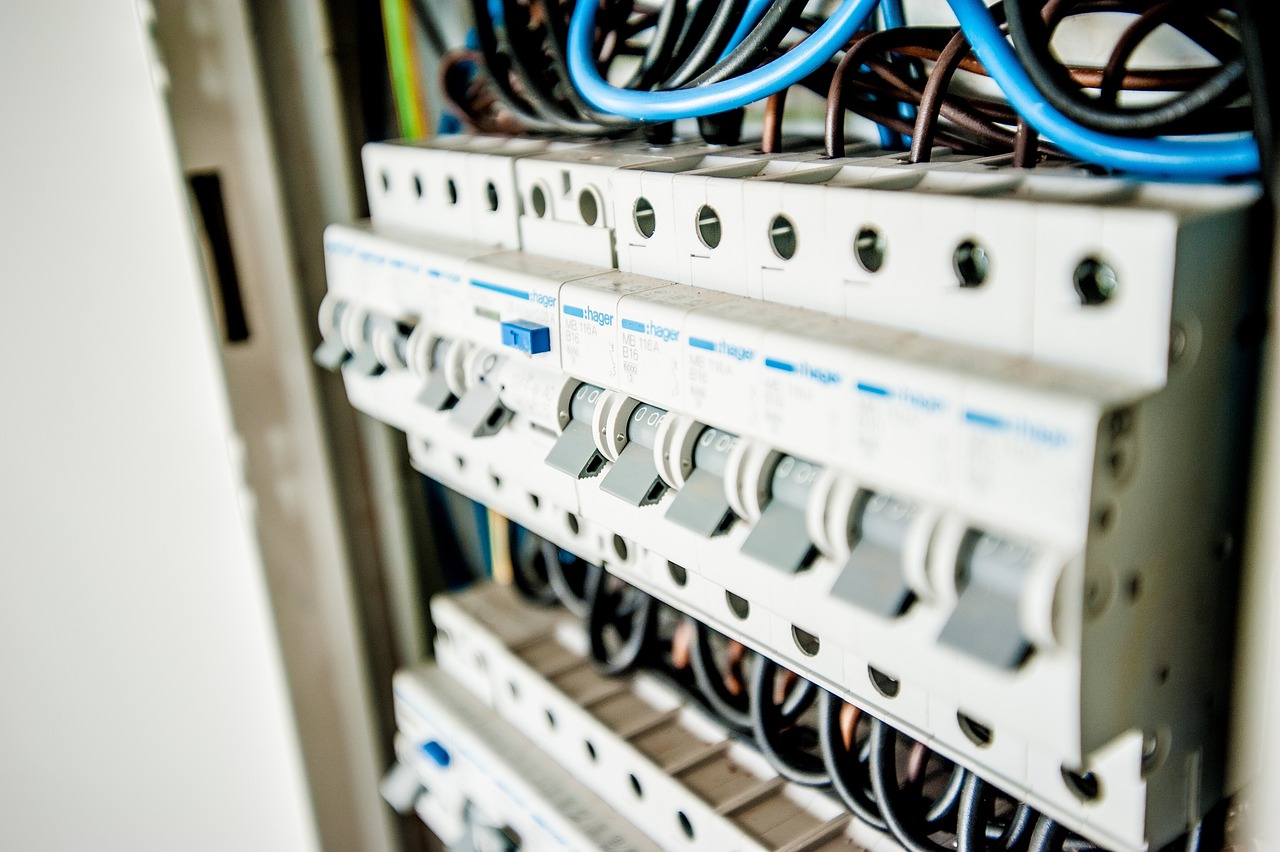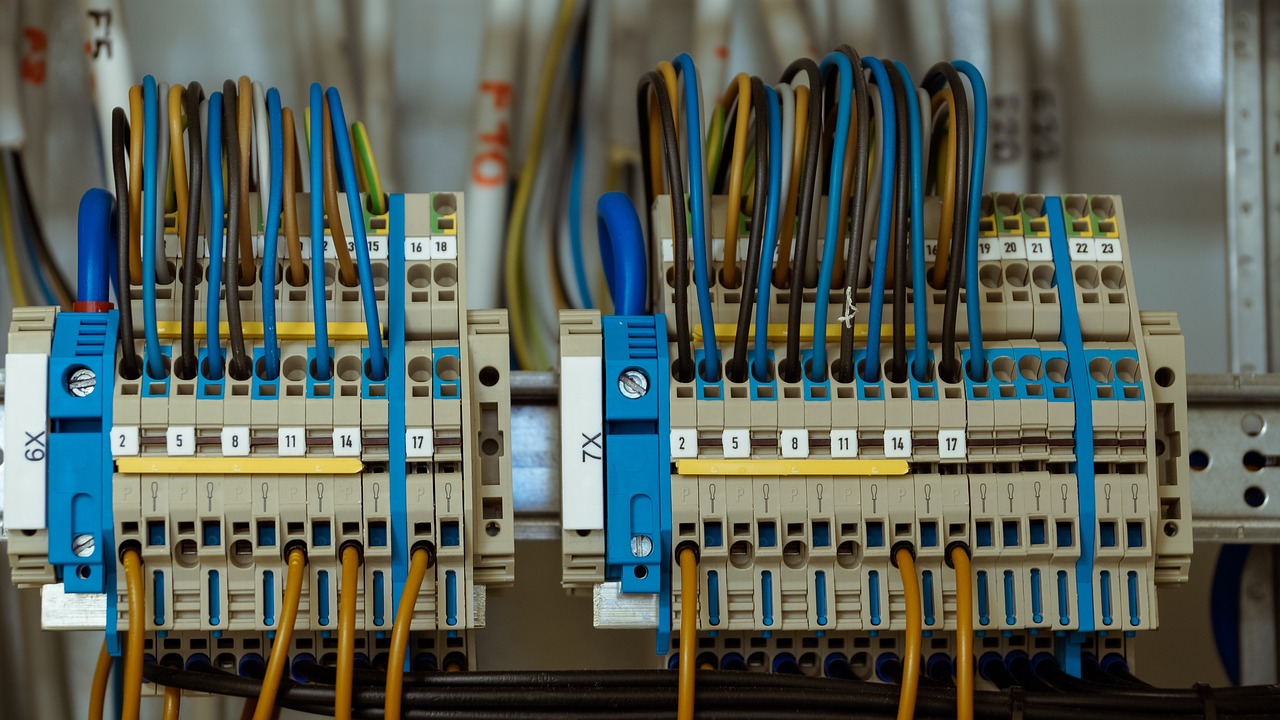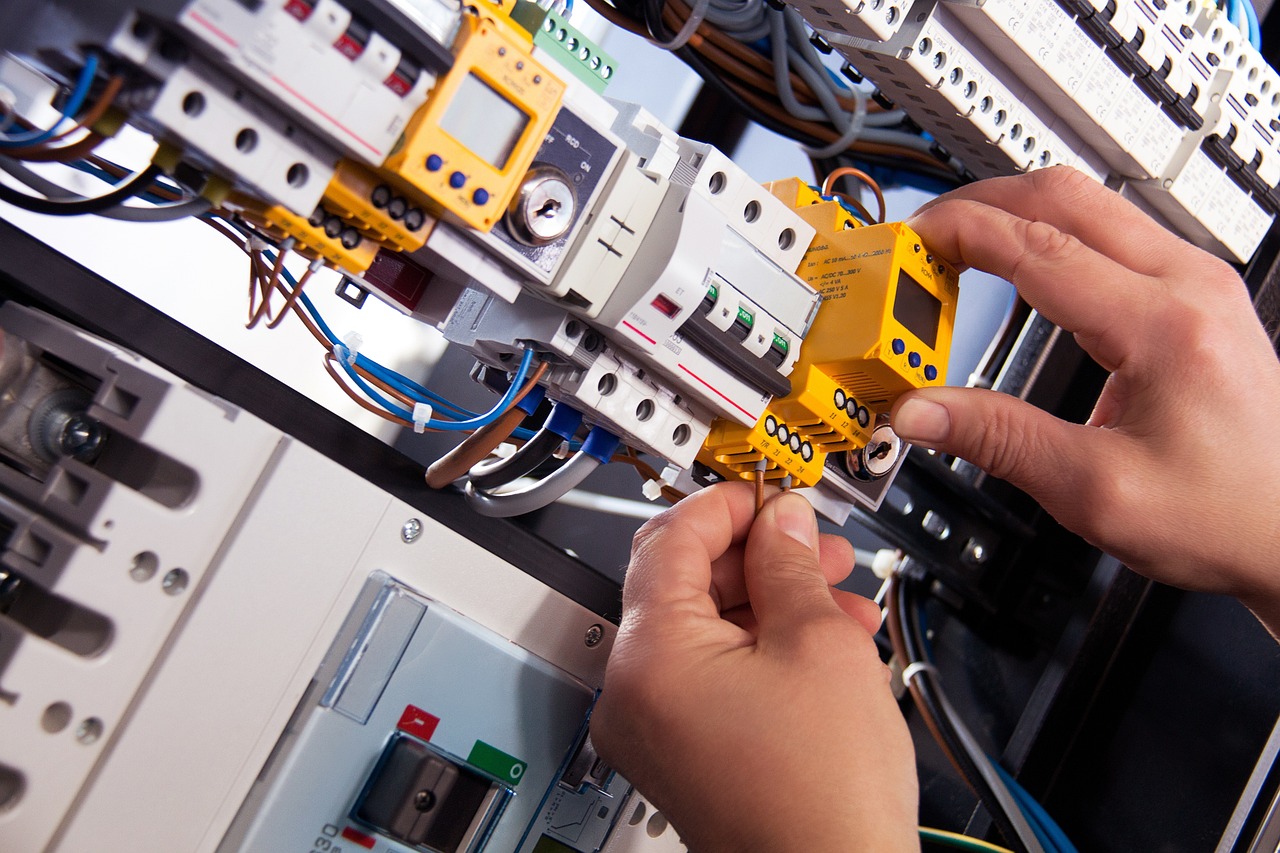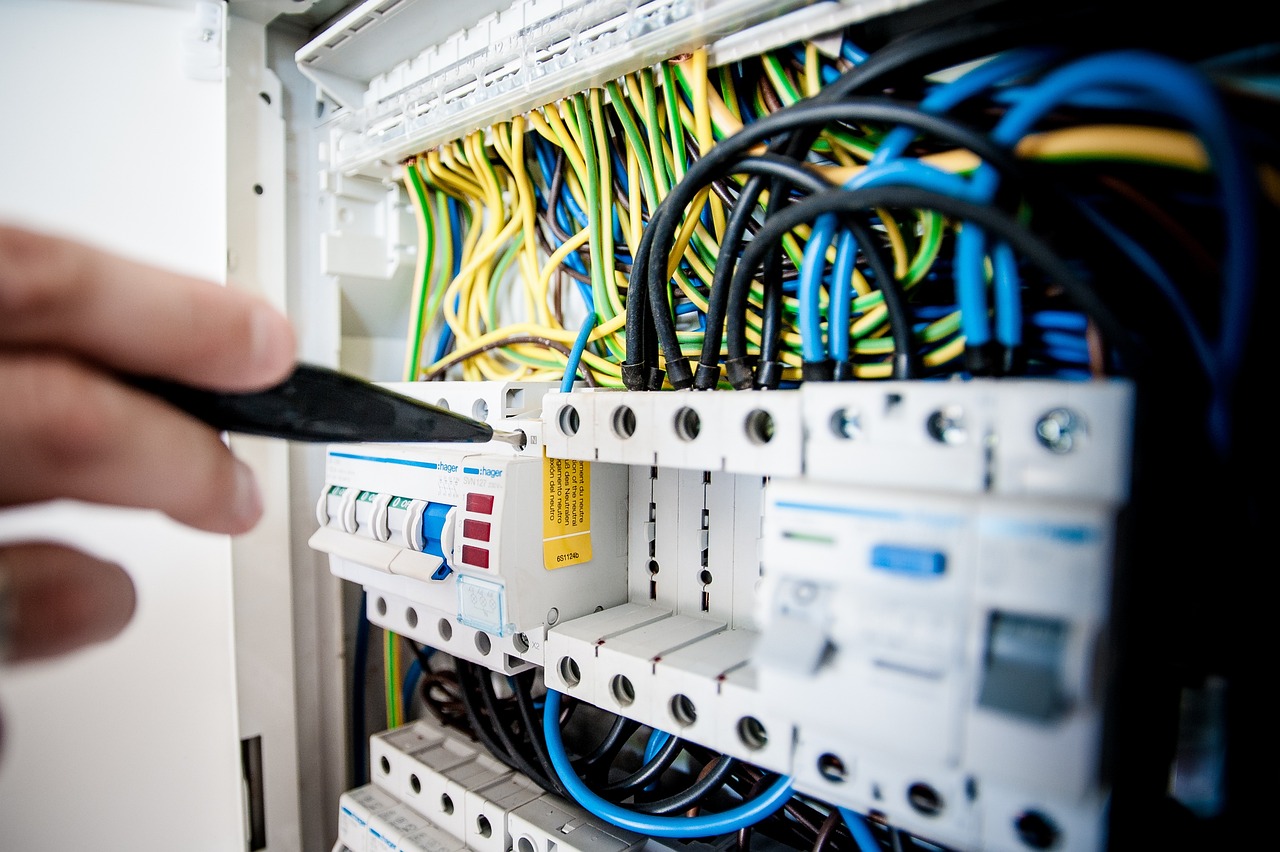Are you considering expanding your business or upgrading your home? If so, you’ll need to ensure that your electrical system can handle the increased demand.
Electric contractors play a crucial role in assessing your current and future electrical needs, developing a comprehensive plan for expansion, and installing additional circuits and upgraded electrical panels.
When rewiring a building for future expansion, electric contractors must consider a variety of factors, including the size and layout of the building, its current electrical capacity, and the intended use of the space.
By working closely with you, they can develop a customized plan that meets your specific needs and ensures the safety and efficiency of your electrical system.
Whether you’re planning to add new appliances and electronics or build additional rooms, a skilled electric contractor can help you prepare for the future and avoid costly electrical issues down the line.
Assessing Current and Future Electrical Needs
Let’s assess what your current electrical needs are and what your future electrical needs might be, so we can plan accordingly. As electric contractors, we understand that power consumption and scalability are two key factors to consider when rewiring for future expansion.
We need to evaluate your current electrical system and usage to determine the power requirements and ensure that the current system can handle any additional load that may be added in the future.
To plan for future expansion, we also need to take into account any potential changes in your business or personal needs that may require additional electrical capacity. For example, if you plan to add more equipment or appliances that require more power in the future, we need to ensure that the system we design can accommodate those changes.
By assessing your current and future electrical needs, we can develop a plan that not only meets your current needs but also allows for scalability and future expansion.
Developing a Comprehensive Plan for Expansion
You’ve got big plans for your business, and it’s important to have a plan in place to make sure your electrical system can handle future growth. Developing a comprehensive plan for expansion is crucial, and it should include budgeting considerations and consultation with electrical engineers.
When planning for future expansion, it’s important to consider your budget. This will help you determine the scale of your project and what kind of upgrades or additions you can afford.
Consultation with electrical engineers is also essential during this phase. They can help you assess your current electrical system and identify areas that need improvement or upgrades to meet your future needs.
By working with electrical contractors and engineers, you can develop a plan that not only meets your current needs but also prepares you for future growth and expansion.
Installing Additional Circuits and Upgrading Electrical Panels
To keep up with your growing business, it’s time to consider adding more circuits and upgrading your electrical panels. This will ensure that your electrical system can handle the increased demand for power and prevent any potential hazards or failures.
When installing additional circuits and upgrading your electrical panels, it’s important to consider cost considerations and timeline management. Cost considerations should include the upfront cost of materials and labor, as well as any potential long-term savings from increased energy efficiency.
It’s important to work with a qualified electrician to determine the best options for your specific needs and budget. Timeline management is also crucial to ensure that the installation process doesn’t disrupt your business operations.
A professional electric contractor can help you develop a timeline that minimizes downtime and maximizes efficiency, allowing you to continue running your business smoothly.
Using Wiring that Can Handle Higher Voltages and Amperages
Using wiring that can handle higher voltages and amperages is essential for businesses that require more power to operate efficiently and avoid potential electrical hazards.
When upgrading infrastructure and rewiring buildings, electric contractors must consider the potential future expansion of the business. By using wiring that can handle higher capacities, businesses can be future-proofed and avoid costly and time-consuming rewiring projects down the road.

Electric contractors must also take into account the specific needs of each business when selecting wiring that can handle higher voltages and amperages. For example, a manufacturing plant may require heavy machinery that requires greater electrical capacity, while an office building may require more outlets and power for computers and other electronics.
By carefully assessing the needs of the business and selecting the appropriate wiring, electric contractors can ensure that the building’s electrical system is safe, efficient, and able to handle future growth.
Ensuring Safety and Efficiency for the Building’s Electrical System
Ensuring the safety and efficiency of a building’s electrical system requires careful consideration of the specific power needs of the business and the selection of appropriate wiring that can handle higher voltages and amperages. But it doesn’t stop there.
To keep the electrical system running smoothly, regular maintenance is necessary. This means checking for any signs of wear and tear, loose connections, and outdated electrical components. It’s important to schedule maintenance checks to catch any potential issues before they become major problems that could result in downtime or even safety hazards.
In retrofitting old buildings, it’s important to take into account the age and condition of the existing electrical system. Upgrading older buildings to meet modern electrical codes is a complex process that requires expertise and experience.
Electric contractors need to assess the existing electrical infrastructure, determine the power needs of the business, and design a system that can handle the load. Retrofitting often involves replacing outdated wiring and electrical components, and installing new equipment that meets modern safety standards.
By ensuring the safety and efficiency of the building’s electrical system, electric contractors can help businesses prepare for future expansion and growth.
Frequently Asked Questions
How much will it cost to rewire a building for future expansion?
You can estimate a budget for rewiring a building for future expansion based on the size and complexity of the project. Planning considerations include the number of outlets, electrical panels, and wiring needed to support future growth.
How long does the rewiring process typically take?
When rewiring a building, the timeline depends on the size and complexity of the project, as well as electrician availability. Factors such as permits and inspections can also impact the timeline.
What are the most common electrical issues that arise during expansion projects?
When expanding, common electrical issues include power capacity and circuit design. It’s important to assess your current electrical system and plan for future needs to avoid potential problems during the expansion project.
Can existing electrical infrastructure be utilized or must it be completely replaced?
You can utilize existing electrical infrastructure during rewiring, but it may need upgrading. Electric contractors can assess the system to determine if it’s safe and efficient for future expansion, or if a complete replacement is necessary.
What kind of maintenance is required for an upgraded electrical system?
To ensure electrical safety and energy efficiency, an upgraded electrical system requires regular maintenance. This includes checking for loose connections, replacing damaged wires, and ensuring the system is up to code.
Conclusion
So, you’ve enlisted the help of an electric contractor to rewire your building, and you’re wondering how they factor in future expansion. Well, the truth is, they consider it a crucial aspect of the job.
First and foremost, they assess your current and future electrical needs to develop a comprehensive plan for expansion. This includes installing additional circuits and upgrading electrical panels, as well as using wiring that can handle higher voltages and amperages.
Ultimately, their goal is to ensure the safety and efficiency of your building’s electrical system for years to come. With their expertise and attention to detail, you can rest assured that your building is in good hands.



